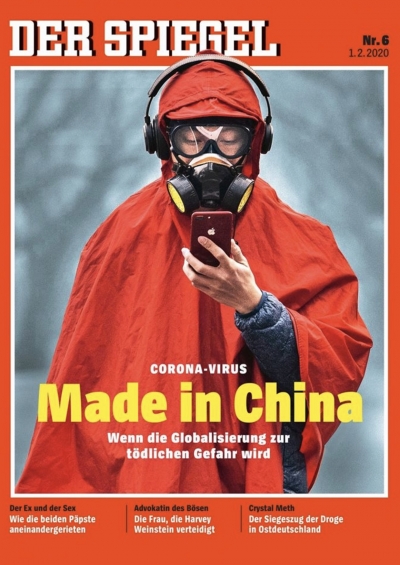EU27: Towards a Club of Clubs
The post-Brexit EU may look ever more like the kind of EU many Britons had wanted it to be.
February 7, 2020

Following last year’s political chaos in the UK, the risk that any other country will want to follow the UK seems low for the next few years.
Many anti-establishment populists across EU countries have mellowed their erstwhile EU-scepticism. In this sense, the EU27 and the euro look fairly safe for the time being.
Facing up to the Brexit trade-offs and agreeing on an exit deal has been more painful for the UK than for the EU27. By and large, the big EU27 stuck to its initial negotiating position, forcing the UK to choose from the options on offer.
The silver lining
The EU27 sees Brexit as a major and regrettable setback. However, the EU27 is pleased that it conducted the divorce negotiations without serious internal discord.
As long as the EU27 maintains a common position, it can use the conditions under which it grants access to its huge internal market as powerful bargaining chips in negotiations with others.
Taking its cue from the United States and China, the EU will likely wield this tool more decisively than before — and not just in the upcoming talks about post-Brexit relations with the UK.
Of course, a better use of its power cannot fully offset the fact that Brexit reduces the global weight of the EU.
Internal divisions are preventing progress
While external challenges are forcing EU members to work together more closely, serious internal divisions exacerbated by the rise of anti-establishment parties are preventing progress in many areas.
Even without the UK, finding a consensus will not become much easier. In the absence of a major crisis that could concentrate minds — as it did during the euro crisis when the EU devised new rules and institutions such as the European Stability Mechanism in a rush — changes in EU27 and Eurozone governance will be gradual and haphazard.
Noisy muddling through remains the hallmark of the EU. Half-baked compromises struck at late-night sessions in Brussels may not be edifying. But relative to all other ways of managing differences between close neighbours over time, the EU compromise machine still works quite well.
For EU members, the need to regularly discuss and resolve a wide-ranging array of issues with each other imposes a healthy discipline. Countries tempted to misbehave too badly know that they would pay a price soon on other issues of mutual interest.
Even the governments of Hungary and Poland are being forced by the EU to rein in their half-authoritarian temptations.
A club of clubs
Over time, the EU27 will probably slowly evolve even more into a club of clubs. The Single Market, democracy, the rule of law and respect for human rights will be the common basis that is mandatory for all members of the club.
On that solid basis, integration on select issues will proceed mostly among coalitions of the willing. The euro is the key example for this.
As a club of clubs, the post-Brexit EU may look ever more like the kind of EU many Britons had wanted it to be: A common market with little need to participate very much in other aspects of integration.
Foreign policy and military cooperation could be key areas for deeper cooperation between many but not all EU members.
Takeaways
The irony is that the post-Brexit EU may look ever more like the kind of EU many Britons had wanted it to be.
After Brexit, the EU27 will probably slowly evolve even more into a club of clubs – with the single market, democracy, the rule of law and respect for human rights as the common basis.

